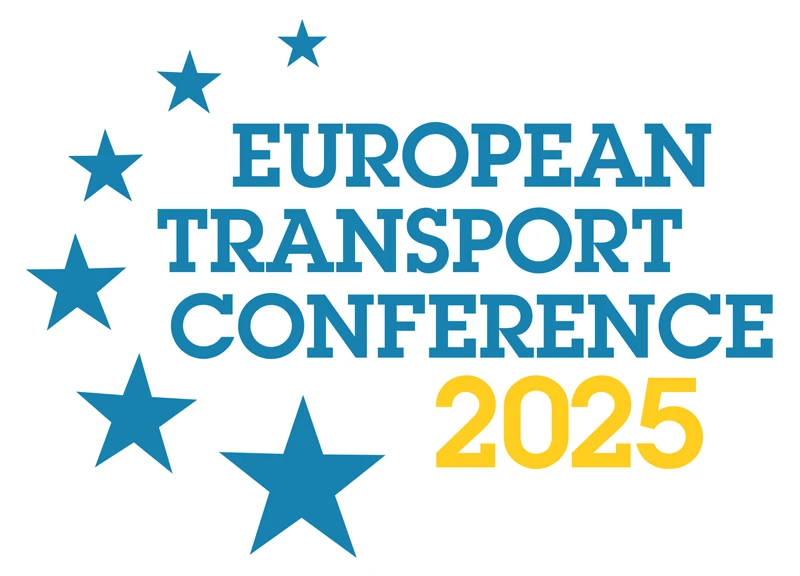-
Past ETC Papers

Browse, search and view papers from the past AET Conferences.
-
Members' Area

AET promotes networking and exchange of ideas, information and opportunities amongst members.
ETC Conference Papers
Conference Past Papers Repository
Automated Vehicles Technical Logistics - an Implementation Challenge
Seminar
Day 1 (9 Oct 2019), Session 2, Freight, 14:00 - 16:00
Status
Accepted, documents submitted
Submitted by / Abstract owner
Vladimir Momcilovic
Authors
Vladimir Momcilovic
Marko Stokic
Branka Dimitrijevic
(Affiliation: University of Belgrade - Faculty of Transport and Traffic Engineering)
Short abstract
The aim of this paper is to collect and systematise all foreseeable aspects and challenges of Automated Vehicle Technical Logistics.
Abstract
Automated vehicles development represents technological state-of-the-art in various fields, such as automotive industry, telecommunications, data management, information systems, urban infrastructure development, and many more. Automation demands all the resources to be at their top performance in order to ensure high reliability and availability. Present focus of researchers in the field of automated vehicles involves: technological development, implementation policy and strategy, user's awareness and attitude, risk assessment, reliability, system safety and security, legal issues over traffic accidents and vehicle damage, travel behaviour impact, energy consumption, big data transfer and storing, private data processing and distribution, urban road network design and upgrade to accommodate automation, and so on. All those topics represent potential obstacles on their way to implementation.
Although the automation faces many obstacles, there is a potential impetus coming from the road transport industry sector. Commercial road transport has still an important share in carried people and goods, meanwhile facing an important lack of drivers not only in Europe but also worldwide. Moreover, strict rules on drivers’ driving and resting times impede their continuous operation and likewise increase costs. It is therefore an industry sector with the most urgent and utmost interest in implementing automation. Besides all mentioned research topics, there are some aspects still missing in the picture, especially in the view of commercial hauliers. The industry expects automated vehicles to be operational 24/7 on the road to benefit completely from this technology innovation and higher procurement costs. These vehicles are expected to accomplish the highest standards in roadworthiness and reliability. In this sense, there is a need to provide technical logistics complementing this way of operation, such as vehicle on-board and remote diagnosis, diagnostic software execution and updating, preventive and corrective maintenance and repair, vehicle inspection, but also vehicle refuelling, toll collection, customs inspections, etc. When the automated vehicles will become dominant in the fleet (with share of more than 90%), having in mind the requirements toward high reliability, impeccable operation and extreme roadworthiness, the vehicle inspection system as we know it today will become obsolete.
The aim of this paper is to collect and systematise all the foreseeable aspects and challenges of Automated Vehicle Technical Logistics (AVTL), and requirements for AVTL’s operational services, facility network location, charging/pricing, personnel, and AVTL processes’ automation. The authors’ idea is to make an AVTL framework in order to open this important topic and raise questions to be answered in the near future.
Programme committee
Global Trends Impacting Transport
Topic
Autonomous vehicles – looking beyond the technology.
Documents:

Association For
European Transport
Forester House
Doctors Lane
Henley-in-Arden
Warwickshire, UK
B95 5AW
+44 (0) 15 64 793552
VAT number: 710 1866 64
Conference Supporters & Endorsers




Legal Entity
The Association for European Transport is registered as an Association ('vereniging') with the Chamber of Commerce for Haaglanden in The Netherlands under company number 27170096.
Built on Zenario




